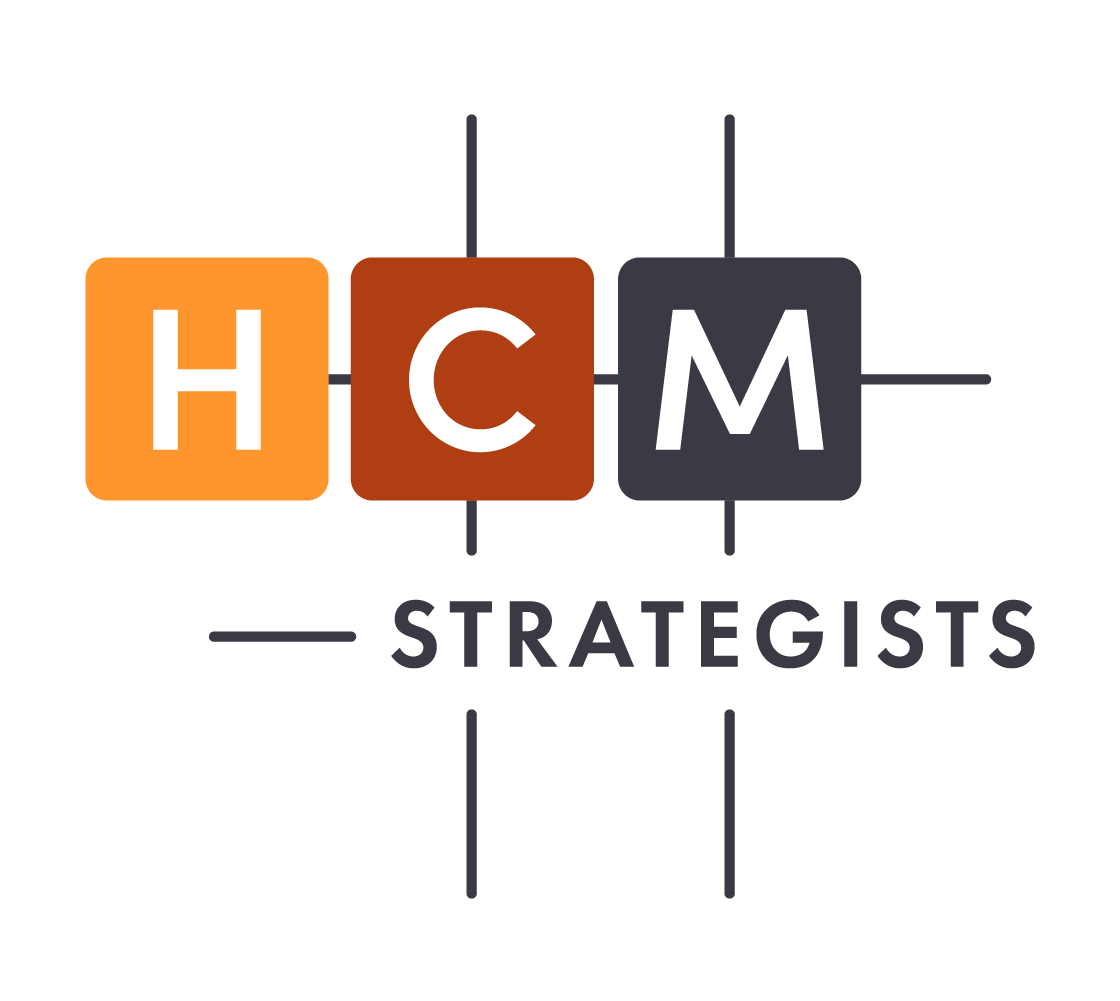The Silver Lining: Distance Learning Can Strengthen Parent-Teacher Partnerships
By Maggie Baucom
As COVID-19 continues to impact students, teachers, families, colleges and universities across the country, HCM Strategists is working to provide essential thought leadership on the range of issues in the field of education.
Our expert policy staff has launched a new series to identify emerging education policy ideas and practices aimed at addressing COVID-19. Stay tuned for more in HCM's new series addressing COVID-19 concerns in education, and use #EdAfterCOVID19 to join the conversation on social media.
Over the past few weeks, like many graduate students around the world, I’ve found myself with some extra time on my hands. Instead of socializing and commuting to class, I have been focusing on the intense impact that COVID-19 has had and will continue to have on education. My Master’s program focuses on education policy and advocacy through an equity lens, and never has my coursework felt more important. As students, families and schools grapple with these new challenges, the importance of advocating for student-centered policies that increase equity in the classroom has never been more important.
As a fellow on HCM Strategists’ K-12 team, I have learned about the importance and impact of grassroots-led initiatives and advocacy. Our team works daily to help organizations advocate for policies and programs that have the potential to increase transparency and close the achievement gap. On behalf of Learning Heroes, we have been pushing states to think about how they can improve the ways parents receive and use data, like school report cards and standardized assessment reports. Additionally, we have worked with parent organizations to ensure parents are equipped to support and advocate for their children. Much of my time is spent supporting this work to ensure that resources for parents are useful and accessible and that they are equipped to be strong advocates for their children.
The current situation has not changed the mission of this work but rather, highlighted how critical parent-school partnerships are. For many families, school closures have given them the opportunity to have a closer look at their child’s education and academic abilities. Families are forced by circumstances to take on a new role as their child’s teacher, whether they want to or not. This is in stark contrast to Learning Heroes’ 2019 report titled “The Case for an Accurate Picture,” which showed parents engaging less in their child’s education than compared to 2017.
Currently, those who work in education have a unique opportunity to better engage parents. The silver lining of this COVID-19 crisis could be that it strengthens the relationship between parents and teachers. Teachers and schools will have to communicate with parents more regularly, about both logistical updates and academics, as many parents continue to serve as their child’s chief educator at home. The crisis is also an opportunity for parents and advocates to put more pressure on education leaders to prioritize family engagement.
In almost all states, the annual state assessment is already off the table, which has implications for accountability and measuring student progress and achievement. Other states have already announced the work completed through distance learning will not be graded. So how will families and students know if they are making progress and on track? It is only fair that schools and districts communicate to parents their plans to make up for potential learning losses and to have an objective way of showing their child’s academic performance.
In the absence of state assessment data, states will have no way of reporting student achievement or progress for this school year, both of which are critical advocacy tools. This pandemic offers more immediate insights into other student needs that are critical to increasing equity. For example, we have witnessed firsthand just how many students in our schools lack food security, access to the internet, appropriate technology and a support network. We need to think about how to use what we’ve learned and leverage our resources to address these immediate needs. Further down the line policies must be developed that provide equal access for all of our students. Authentic parent engagement could be one of our most effective tools in creating sustainable change.
As is a theme in education, there are no easy solutions. Our schools are as diverse as the needs of their students. There are so many questions still surrounding this pandemic and many school systems are still focused on meeting immediate needs to ensure that students are healthy and safe, and have access to some type of learning. However, this crisis has highlighted many inequities as well as the consequence of the growing disconnect between parents and schools. Our current policy structures are having to adapt. We all have the responsibility to listen to parents and educators who are on the ground working directly with our students. School closures could be an opportunity for families to become more knowledgeable and engaged in their child’s learning, and for educators and leaders to improve our schools for our most vulnerable students.

